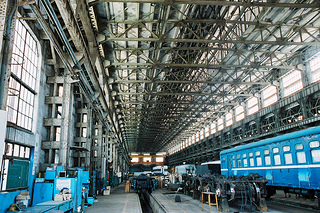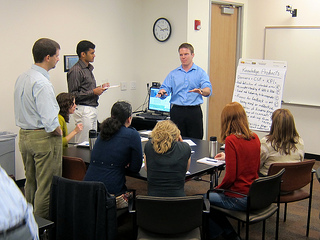GE CEO Jeffrey Immett Says the Future of Energy is in China

In a recent interview, General Electric CEO Jeffrey Immett said that Americans of his generation looked to Europe for innovations in energy creation and use. In the future, though, Americans will look to China.
This article is for Premium Members only. Please login below to read the rest of this article.
Not a Premium Member yet? Become one today.
[login_form redirect=’https://www.procurementbulletin.com/ge-ceo-jeffrey-immett-says-the-future-of-energy-is-in-china’]
[show_to accesslevel=’Premium Members’]
General Electric doesn’t have to worry about what kinds of energy people use. It doesn’t even have to worry about where that energy comes from. The company has such a wide portfolio of interests that it will generate income no matter what happens.
Immett, therefore, can say this with confidence. From his position, he doesn’t have to see this as a potentially negative revelation.
The rest of the United States, however, might want to heed his words and decide whether it makes sense to let the world’s second largest economy become the innovator in such an important segment of the economy. Currently, the United States GDP is $16.2 trillion. China’s is $9 trillion. In 2009, America’s GDP was $14 trillion while China’s GDP was $5 trillion, putting it in third place behind Japan.
Over the last ten years, China has invested more than $40 billion in renewable energy. It has also become a larger consumer of hydrocarbon fuels like oil and natural gas. Still, its interest in photovoltaic panels and wind energy proves Immett’s point.
China’s investments aren’t restricted to its mainland. About 25 percent of its solar power investments has gone to companies based in the United States.
That means the United States is a hub of innovation, but the country may never see a financial term on its innovative developments.
There’s no doubt that the United States has some of the world’s top scientists. Letting the world’s second largest economy earn money from inventions created by those scientists will put the US economy in a precarious situation. It might not happen within the next year, or even the next ten years. Eventually, though, hydrocarbon energy will become outdated. When that happens, China will have an advantage that could push it ahead of the United States. [/show_to]









